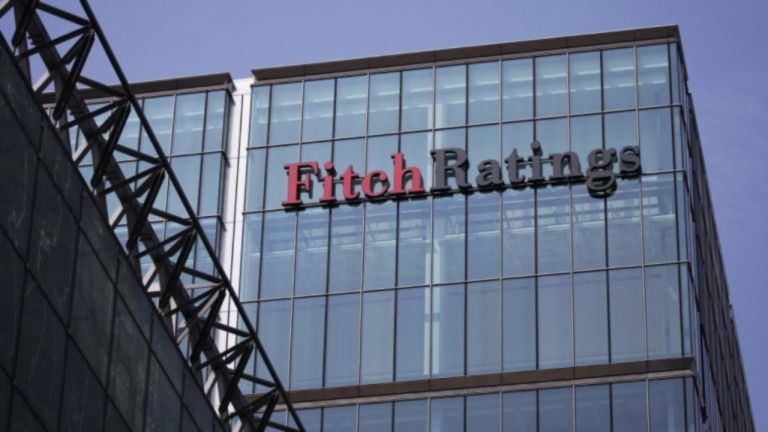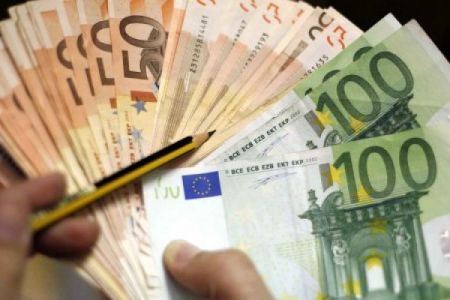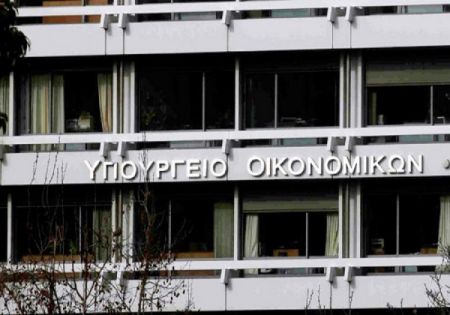Fitch Ratings Upgrades Greece to BB+ Outlook Stable IDR

Πηγή Φωτογραφίας: Aftodioikisi
he news is positive for the Greek economy, which has been on a bumpy road since the sovereign debt crisis rocked the country in 2009.
According to Fitch, the upgrade reflects improved fiscal outturns, reduced banking sector risks, structural strengths, as well as the country’s macro outlook and reform momentum. Fitch also addressed the impacts of inflation, stable financing costs, the external balancing sheet, upcoming elections, the country ceiling, and ESG scores.
Fitch upgrades Greece’s IDR
The decision to upgrade Greece’s IDR was based on several factors. Improved fiscal outturns played an important role.
According to Fitch’s rating action commentary , Greece is expected to generate “better deficit and debt outturns and projections in 2022-2024, thanks to stronger nominal growth, budget over-execution and a favorable debt-servicing structure.”

Fitch also projects “a further narrowing of the general goverment deficit to 1.8% of GDP in 2024 from an estimated 3.8% in 2022, in part due to streamlining of temporary support measures.”
“This implies an improvement in the primary balance of 2.5pp, to a surplus of 0.9% in 2024 (and balanced position in 2023),” the finance and insurance company added.
Fitch pointed out further positive economic indicators . “In 2022 Greece benefited from a very strong snowball effect given decades-high nominal growth and only a very modest increase in average interest rate costs, leading to an estimated record narrowing of 24.5pp in the general government debt/GDP ratio to 170%”.
Nevertheless, the forecast for Greece’s debt ratio remains high. In 2024, the debt ratio is projected to be 160.6%, which is more than three times Fitch’s “BB” median. However, the firm notes that “mitigating factors such as low-debt servicing costs, very long maturities (close to 20 years) and substantial liquid cash buffers (around 15% of GDP) reduce public finance risks.”

Banking sector
Reduced risks in the banking sector were one of the other primary factors which contributed to the revised “BB+” rating.
According to Fitch, “There continues to be important progress in reducing non-performing loans (NPL), with the domestic NPL ratio falling to 9.7% in 3Q22, under 10% for the first time since 2009, driven by securitization transactions under the Hellenic Asset Protection Scheme (HAPS) and broad-based economic recovery.”
Fitch also expects “further improvement in the sector’s asset position supported by contained new inflows, and as the banks complete pending inorganic actions.”
“Demand for household credit remains weak, but overall credit to the private sector accelerated in 2H22 (only slightly below inflation) driven by corporates,” Fitch noted. “Reduced macro risks, resilience in the labor market, government support measures and continued increase in real-estate prices should moderate pressure on borrowers.”
Διαβάστε όλες τις τελευταίες Ειδήσεις από την Ελλάδα και τον Κόσμο






Το σχόλιο σας